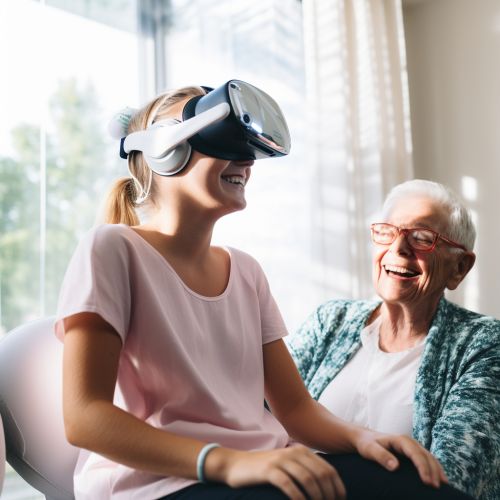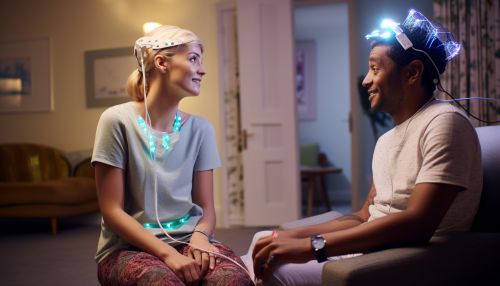Neurorehabilitation
Introduction
Neurorehabilitation is a complex medical process aimed at aiding recovery from a neurological disorder or significant injury to the nervous system. It is a multidisciplinary approach that is designed to support the recuperation of individuals who have suffered neurological damage, with the goal of helping them regain a maximum level of independence and quality of life.
Neurological Disorders and Injuries
Neurological disorders and injuries can be the result of a wide range of causes, including trauma, infections, degenerative diseases, structural defects, tumors, and blood flow disruption. These conditions can have a significant impact on an individual's physical and cognitive abilities, often leading to impairments in movement, balance, coordination, speech, vision, or mental function.


Principles of Neurorehabilitation
Neurorehabilitation is based on the principles of neuroplasticity, the brain's ability to reorganize and form new neural connections throughout life, especially in response to injury. This process is facilitated by repetitive, task-specific training, which is a cornerstone of neurorehabilitation. The goal is to stimulate the nervous system to improve function and compensate for deficits.
Neurorehabilitation Team
A neurorehabilitation team typically includes a variety of healthcare professionals, such as neurologists, physiatrists, physical therapists, occupational therapists, speech-language pathologists, neuropsychologists, and social workers. This interdisciplinary team works together to develop and implement a comprehensive rehabilitation plan tailored to the individual's unique needs and goals.
Therapeutic Approaches in Neurorehabilitation
There are numerous therapeutic approaches used in neurorehabilitation, including physical therapy, occupational therapy, speech and language therapy, cognitive rehabilitation, and psychosocial interventions. The choice of therapy depends on the nature and severity of the neurological condition, as well as the individual's specific impairments and rehabilitation goals.
Outcome Measures in Neurorehabilitation
The effectiveness of neurorehabilitation is typically evaluated using a variety of outcome measures. These may include assessments of physical function, cognitive function, quality of life, and participation in social and vocational activities. The choice of outcome measures depends on the individual's specific impairments and rehabilitation goals.
Challenges and Future Directions in Neurorehabilitation
Despite significant advances in the field of neurorehabilitation, there are still many challenges to be overcome. These include the need for more effective therapies, better ways to predict recovery, and improved access to rehabilitation services. Future directions in neurorehabilitation research may include the development of novel therapeutic approaches, the use of technology to enhance rehabilitation, and the exploration of genetic factors that may influence recovery.
